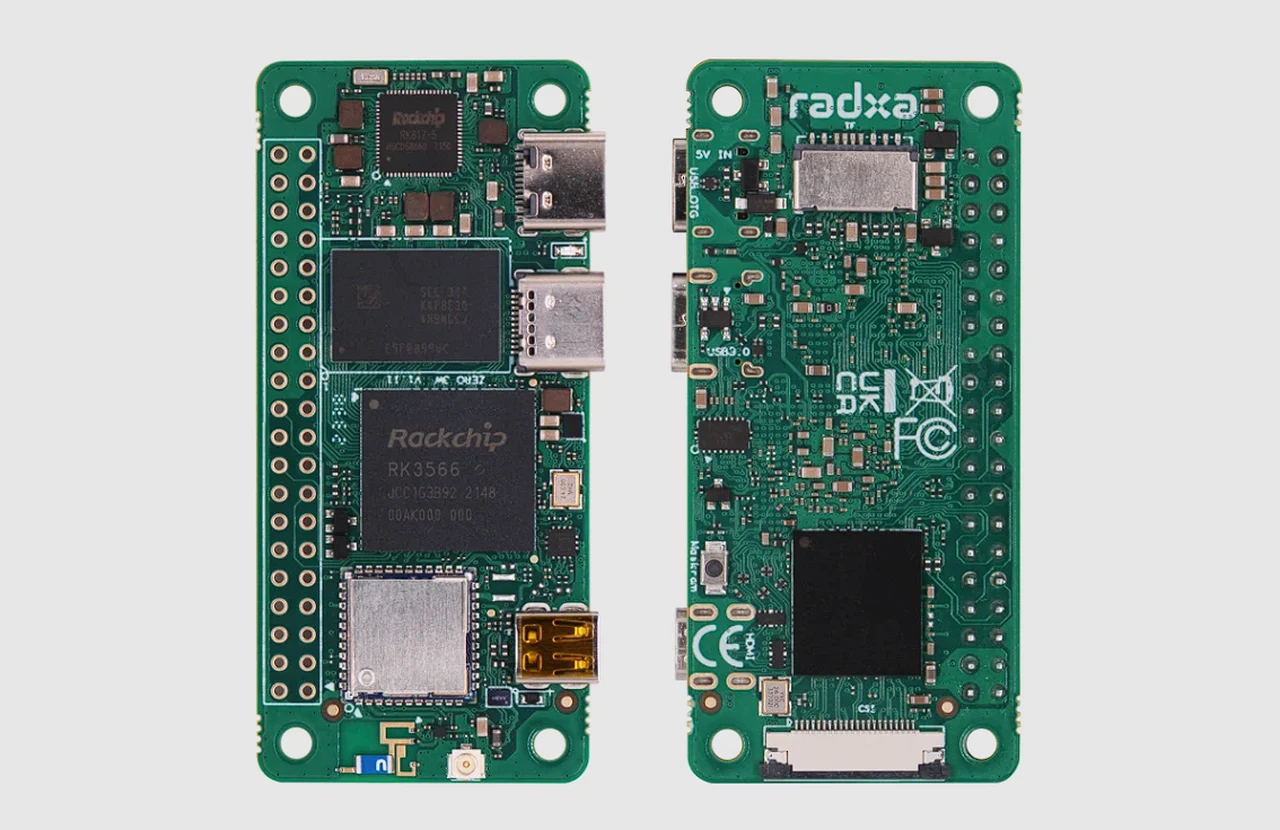The Use of Artificial Intelligence in Cybersecurity
The use of Artificial Intelligence in cybersecurity can be a great way to help detect and prioritize threats, and then take action to remediate them. But AI systems can also give wrong conclusions, or even false positives, so it’s important to be cautious when implementing them.
Attacks on corporate networks were up 50% in the fourth quarter of last year
Cyber-attacks on corporate networks have risen in the fourth quarter of 2018. This is according to Check Point Research’s Cyber Report. The report found that attacks on corporate networks have jumped 50% in the last two years.
In addition, cyber-attacks will rise further in the coming years. Security executives predict a rise in social engineering and ransomware attacks. These attacks are largely based on misconfigurations and poor maintenance.
Ransomware attacks, which encrypt data and demand money to release it, have become increasingly sophisticated. According to Check Point, a ransomware attack is more likely to use multiple vectors. An average of 52 percent of attacks used at least two or more vectors in the first quarter of 2019.
In the UK, attacks were up 134%. Across all industries, more than half of organizations were affected.
AI helps detect and prioritize threats and take automated remediation actions
The use of AI in cybersecurity is expected to grow dramatically in the coming years. It helps detect and prioritize threats and take automated remediation actions.
Machine learning, or ML, can help identify security issues faster and more accurately than humans. Using ML, an AI-based system can automatically identify new malware and respond to incidents. These tools can be a significant advance in endpoint security, enabling businesses to better protect their data resources.
As the number of connected devices continues to rise, the need for sophisticated cybersecurity solutions grows. AI capabilities can reduce the workload of cybersecurity professionals, freeing up staff to focus on high-value tasks.
Machine learning also can detect and prevent new malware variants. This can help avert a costly data breach.
Several AI cybersecurity technologies have already been introduced into the market. For instance, CrowdStrike’s Falcon platform uses AI to avert ransomware and other endpoint attacks.
AI systems require a lot of time and money
Many organisations are still in the early stages of using cyber AI. But the benefits of using the technology are clear.
In addition to improving security, deploying AI is a great way to reduce costs. Machine learning algorithms can automatically analyze user activities and evaluate anomalies to help companies detect and respond to malicious activity.
One of the biggest challenges of the cybersecurity industry is automating processes. Even the most sophisticated algorithms can only be used if the data is available to it. For example, an individual setup of endpoint machines is a time consuming process.
Another advantage of using AI is its ability to spot bots and other malware. These are often a sign of a bad actor trying to steal valuable information.
The best way to implement artificial intelligence into your security arsenal is to find out where the need is. You may not need it in every area of your organisation, but it is a good idea to have it.
AI systems can provide wrong conclusions and false positives
The field of AI is still in its infancy. It is largely unknown how it will be used for cybersecurity. Yet it is already powering malware identification tools and email filters.
Aside from its technical capabilities, AI can be an invaluable resource in securing against attacks. In fact, it can help you spot an attack before it happens. Unlike humans, however, AI systems can provide incorrect conclusions and false positives. These errors can lead to your system being taken offline and operator’s loss of faith in your AI system.
Although the use of AI in cybersecurity is limited, the field is expected to grow. For example, the rise of the Internet of Things and the ubiquity of connected devices could fuel cybersecurity market growth.
Several industries are using artificial intelligence in the security space. Security products include identity and access management, risk and compliance management, and intrusion detection.
AI can help IT teams deal with larger concerns
Artificial intelligence (AI) can be used to help IT teams deal with larger cybersecurity concerns. For instance, it can be used to detect and prevent cyberattacks and reduce the impact of attacks. In addition, AI can provide more accurate modelling to predict future attacks.
With the emergence of AI-powered systems, companies can use large data sets from millions of cyber incidents to make sense of what’s happening in their network. This allows for more rapid detection and response. It also improves the context of alerts and reduces the time it takes to remediate an incident.
While AI is a powerful tool for cybersecurity, there are still challenges with its use. First, acquiring the data is a lengthy process. Also, there are often false positives. As a result, human security personnel may miss important tasks.




